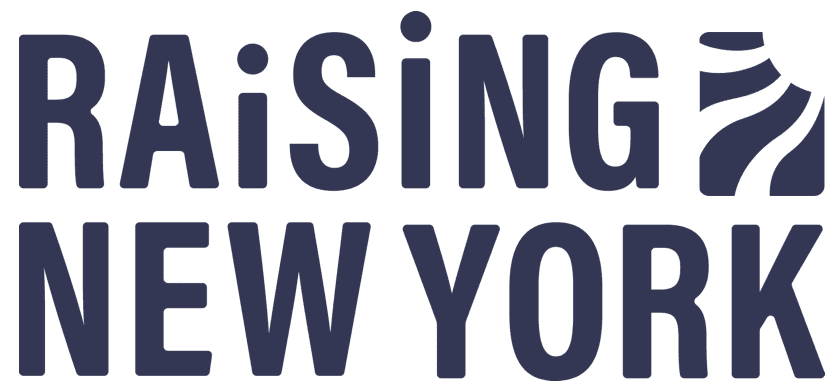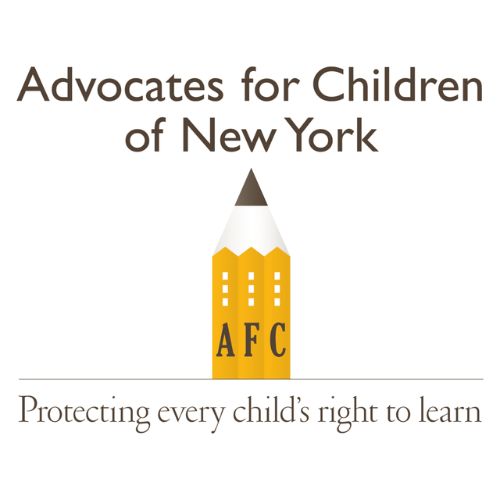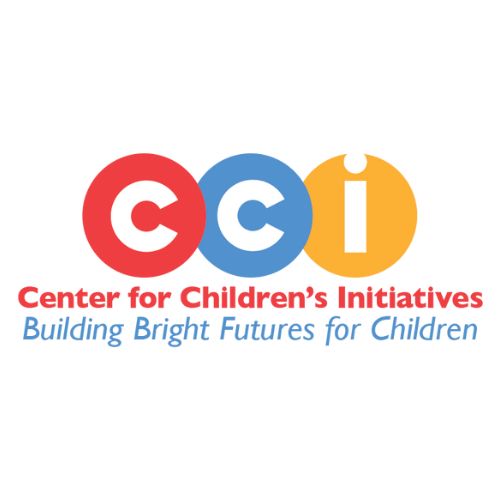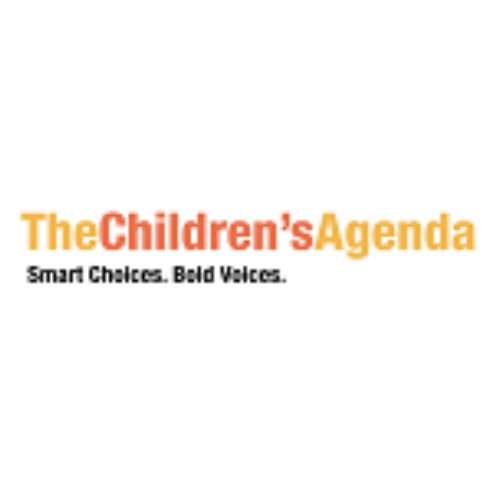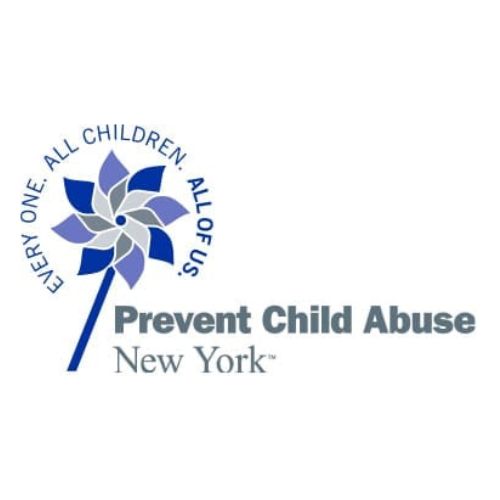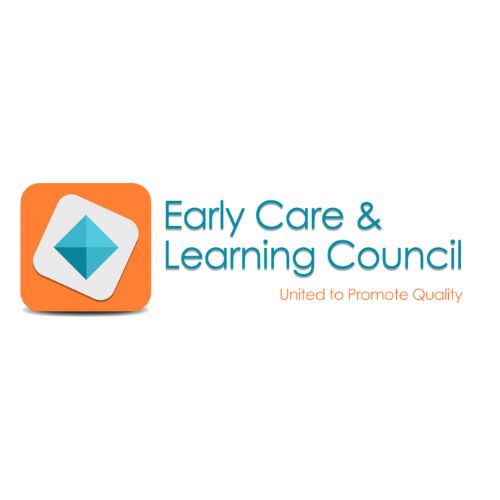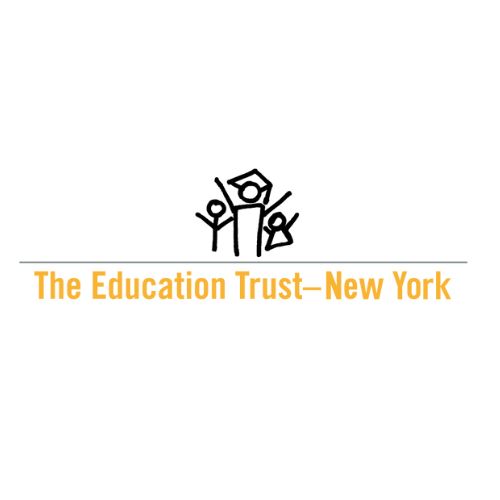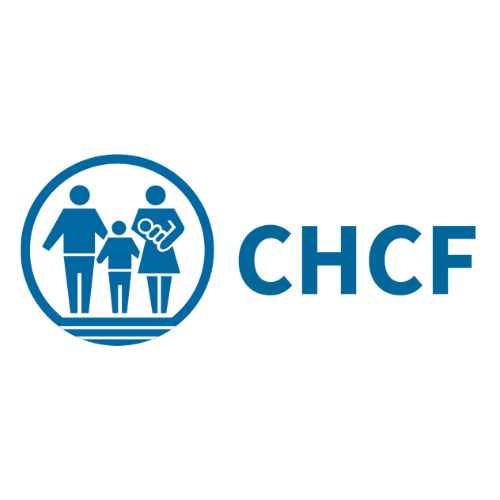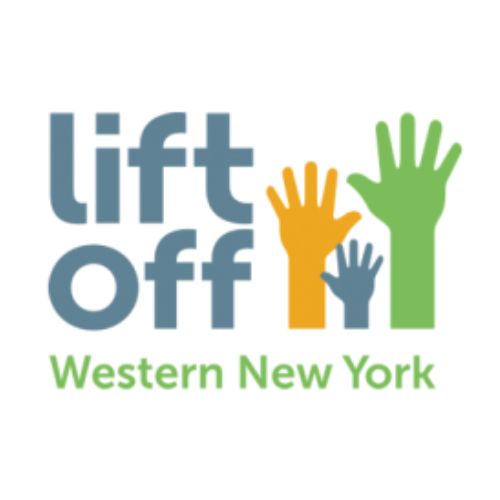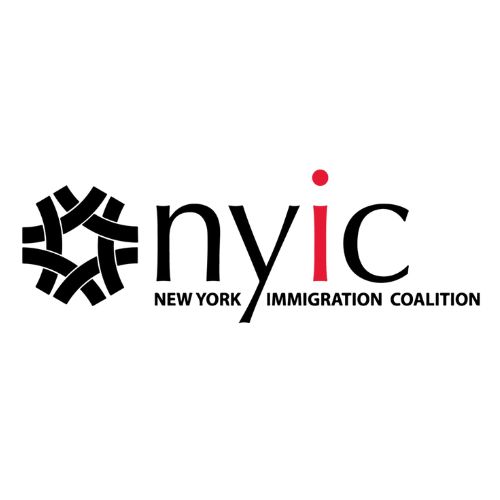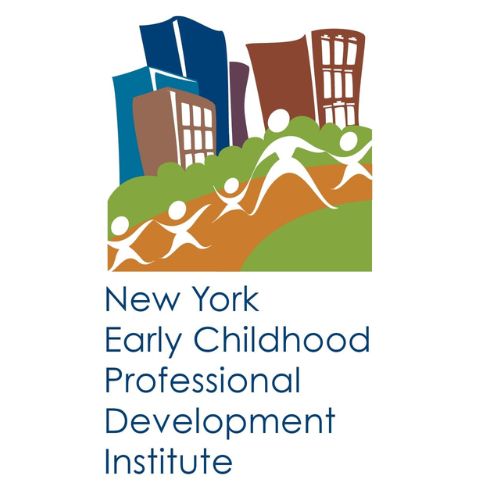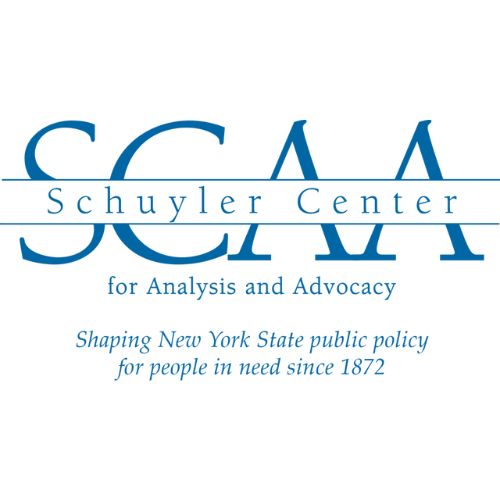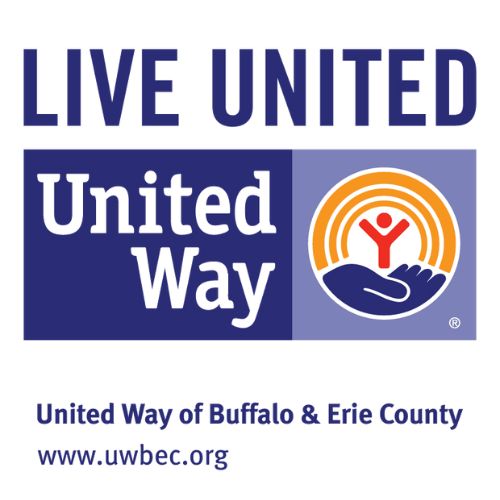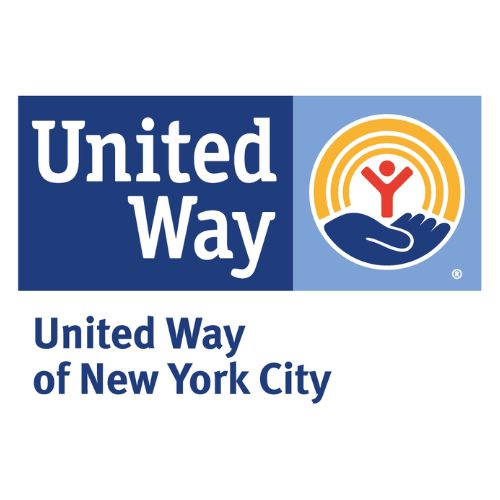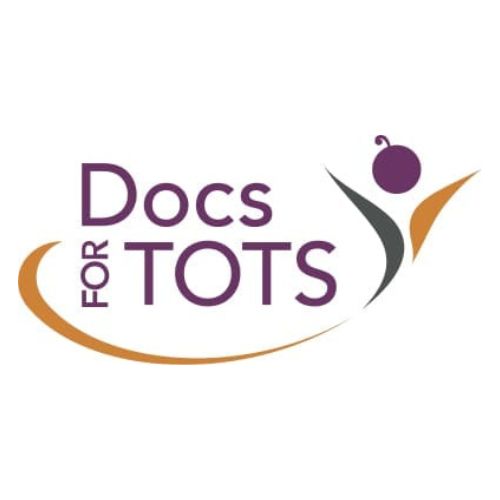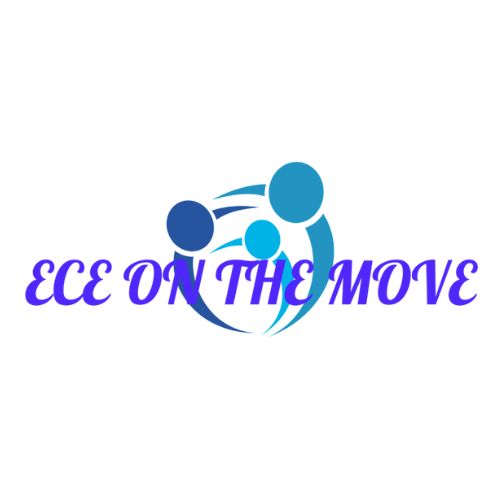About the Coalition
Research shows that investing in early childhood programs leads to students being more likely to graduate from high school and college, makes communities safer, and stops the school-to-prison pipeline that keeps too many children and young adults from reaching their full potential.
But across New York State, hundreds of thousands of families are prevented from accessing the high-quality programs, services, and opportunities they need to raise healthy and thriving children.
Raising New York aims to change that. Raising New York, coordinated by The Education Trust–New York, is a cross-sector, statewide coalition of parent, early childhood, education, civil rights, business, and health organizations dedicated to advocating for policies and system changes that will benefit families of infants and toddlers, with a focus on improving long-term outcomes for low-income households, children of color, and those in other underserved groups.
Families of infants and toddlers care deeply about surrounding their children with the care and nurturing support they need to flourish. Investing in high-quality early childhood programs is a window to the brightest possible future for New York’s children.
Together, we can make New York State the best place in the country to have and raise a child. Here’s what it takes.
Meet our Partners
Meet our Partners
The Raising NY steering committee works together to set the coalition’s priorities and advocate for equitable policies that impact infants and toddlers and their families.
Supporting Organizations
Our Priorities
Our work is centered around advancing these priorities with a data-driven lens and clear focus on what improvements New York State leaders and agencies can take to advance equitable early childhood systems for infants and toddlers.
Providing access to health and developmental care
The first three years of life are a period of incredible growth in a baby’s development, a time when 80 percent of brain growth happens. But more than one in four mothers do not receive early prenatal care. One-third of young children are at serious risk for delays in development, yet New York ranks 49th in the country for screening rates. Just 13 percent of parents with young children receive a home visit.
What New York State Can Do
- Make high-quality prenatal and perinatal healthcare more accessible.
- Expand access to home visitation programs that offer coaching and support.
- Ensure infants and toddlers receive necessary screenings for developmental delays and disabilities, and referrals to the services they need.
Ensuring access to high-quality affordable child care
Babies are born learning. High-quality child care gives children from all backgrounds the opportunity for social, emotional, and intellectual development so they are ready for school. But the cost of child care in New York is too high for most families. And more than 3 in 5 New Yorkers live in communities with few or no child care options.
What New York State Can Do
- Give parents a reliable, transparent way to know if a child care program is high-quality.
- Make sure all families can access high-quality, safe, and affordable child care no matter how much money they make.
- Cultivate a skilled, well-compensated, and supported workforce of child care practitioners.
Reducing child poverty through high-quality and equitable systems, policies and programs
Nearly one in five New York children live in poverty, and that rate approaches one in three among children of color and in some under-resourced communities. The chronic stress of poverty can have devastating effects on growing families and impacts the brain development of young children.
Historically, many parents of young children do not have access to or enough information about state programs — including the Empire State Tax Credit and enough financial aid to afford college — aimed at putting New Yorkers on the path to more economic stability and reducing child poverty.
What New York State Can Do
- Continue to provide more tax credits to low-income parents of infants and toddlers.
- Expand the state child tax credit to include families with the lowest incomes and immigrant families.
- Increase access to adult and higher education programs for parents of infants and toddlers.
- Act on recommendations from the Child Poverty Reduction Council, which a number of Raising NY coalition members are a part of.
Building a system that works together for families
In order to address these three big issues, New York needs coordination between early development, child care, and health care programs and services. There is often a disconnect between the multiple agencies across different levels of government that serve young children and families, which means parents can be forced to navigate confusing systems and providers can be stuck in silos.
What New York State Can Do
- Make sure agencies and providers can share information and coordinate services.
- Identify key milestones in a child’s development and provide services and supports to parents to ensure their children are reaching their full potential.
- Support families of children with disabilities as they transition into preschool.
